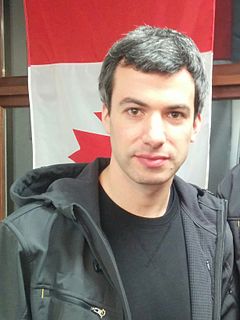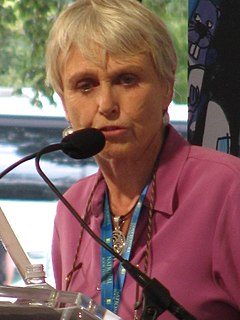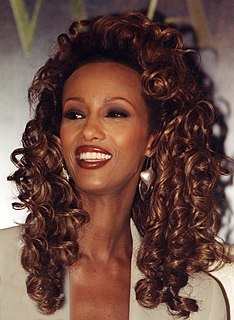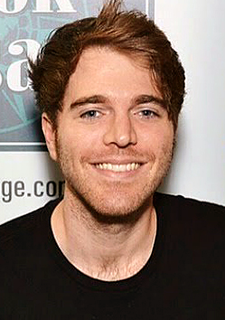A Quote by Winston Churchill
Say what you have to say and the first time you come to a sentence with a grammatical ending - sit down.
Related Quotes
For ever and ever, we say when we are young, or in our prayers. Twice, we say it. Old One, do we not? For ever and ever ... so that a thing may be for ever, a life or a love or a quest, and yet begin again, and be for ever just as before. And any ending that may seem to come is not truly an ending, but an illusion. For Time does not die, Time has neither beginning nor end, and so nothing can end or die that has once had a place in Time.
If pressed to supplement Tweedledee's ostensive definition of logic with a discursive definition of the same subject, I would say that logic is the systematic study of the logical truths. Pressed further, I would say that a sentence is logically true if all sentences with its grammatical structure are true. Pressed further still, I would say to read this book.
The first sentence of the truth is always the hardest. Each of us had a first sentence, and most of us found the strength to say it out loud to someone who deserved to hear it. What we hoped, and what we found, was that the second sentence of the truth is always easier than the first, and the third sentence is even easier than that. Suddenly you are speaking the truth in paragraphs, in pages. The fear, the nervousness, is still there, but it is joined by a new confidence. All along, you've used the first sentence as a lock. But now you find that it's the key.
I understand what's going on, and when I see the fervor, when I see 25,000 people that have seats and not one person during an hour speech will sit down, I say sit down everybody, sit down, and they don't sit down, I mean, that's a great compliment but I do understand the power of the message. There's no question about that.
Writing helped to have jobs that involved running around, pushing things like dish carts and wheelbarrows. It would be hard to sit at a desk all day, and then come to sit at another desk. Also, it helps to abandon hope. If I sit at my computer, determined to write a New Yorker story I won't get beyond the first sentence. It's better to put no pressure on it. What would happen if I followed the previous sentence with this one, I'll think. If the eighth draft is torture, the first should be fun. At least if you're writing humor.
Kids don't say, "Wait." They say, "Wait up, hey wait up!" Because when you're little, your life is up. The future is up. Everything you want is up. "Hold up. Shut up! Mum, I'll clean up. Let me stay up!" Parents, of course, are just the opposite. Everything is down. "Just calm down. Slow down. Come down here! Sit down. Put... that... down."
One thing my mother always instilled in me is to always know my worth. Don't settle for less. She used to say to me 'Iman, no is a complete sentence, learn to say no. You don't have to explain it you don't have to say anything after it. It's a complete sentence.' So when I came to America 1975, I found out that the black models were being paid less than white models. So the first thing I did was say I'm not going to do the job unless I'm paid the same amount.
I write lyrics really fast. When it's time to write, I usually put them off until the very end and then when it's time to write I can just sit down: I sing the melody, whatever the melody is, because that's the first thing that's already been there for a long time; I start singing it and I start creating consonants and vowels; then they turn into words; then all of the sudden one sentence will happen; then that sentence will dictate how the rest of the sentences happen.
One thing that makes me very happy is to have a complicated idea and to feel that I've expressed myself clearly. I remember writing the ending to 'Happier at Home.' I wrote the entire book to build to that ending 'now is now,' and what I had to say was very abstract, and yet I felt satisfied that I managed to say what I wanted to say.











































